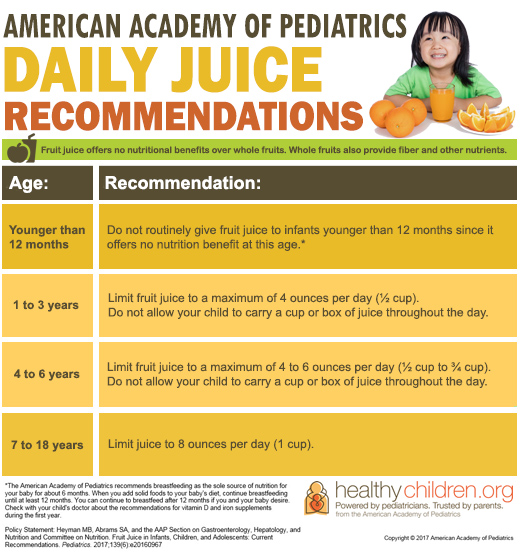
Doctor can I add salt or sugar to my baby’s food? Can I start with fruit juices? Can I give commercially available instant porridges? Well! Endless questions about starting solid foods.
Let’s give a thought to it
” Why do you think that your baby needs these in his/ her food? “
Is it because he/she is not accepting the new food at first? And do you think bland taste is the reason behind food refusal? This is where most parents and their families go wrong. Your baby shows disinterest not because the food is bland but he/she is used to taking only breast milk all these days and doesn’t like being fed unfamiliar foods. Also they don’t know the taste of salt or sugar before.Your baby can’t miss out on taste that he/she hasn’t experienced yet!!!!
The SACN (Scientific Advisory Commission on Nutrition) recommends the following salt requirement for babies.
AGE (in months) SALT REQUIREMENT / DAY
0-6 months < 1 g (0.4g of sodium)
6-12 months < 1 g (0.4g of sodium)
The above requirement is mostly met through breast milk or formula. Kidneys are fully mature by 2 years of age. So any extra salt that is going to be added to your baby’s food will be a burden on the growing kidneys. This may lead to kidney disease and it has also been proven to cause hypertension as they grow into adults.
Some people add a pinch of salt which is also equally harmful. Pinch of salt may vary with everyone but approximately it is 0.358 g and 357 mg of sodium. Therefore adding one pinch of salt to three or four meals a day exceeds the recommended daily values.
By adding sugar, you unknowingly tend increase the sweet cravings or give your baby ‘sweet tooth’. As the baby grows, he or she would eat
only those foods laden with sugar and becomes a fussy eater. Sugary foods also increase the risk of tooth decay. They nourish the bacterias that are present in the oral cavity.
Sodium is naturally found in fruits, vegetables, cereals and pulses. Most fruits are high in natural sugars. These food sources are sufficient enough to satisfy or meet the requirement of your baby’s needs of sodium and sugar. Many commercially available baby foods are tagged healthy but in reality few have a higher content of sugar and a few are promoted for use from four months of age when babies should still receive only breast milk.
What about Fruit Juices?
The American Academy of Pediatrics (AAP) recommends exclusive breastfeeding up to 6 months of age. Under unavoidable circumstances, infant formulas can be used. “There is no nutritional indication to feed juice to infants younger than 6 months. Offering juice before introducing solid foods might replace breast milk or infant formula in the diet. This can result in reduced intake of protein, fat, vitamins, and minerals”. Fruit juices contain fructose, glucose, sucrose, and sorbitol. These are nothing but the Carbs. Carbohydrate that is not absorbed in the small intestine is fermented by bacteria in the colon. This bacterial fermentation results in the production of hydrogen, carbon dioxide, short-chain fatty acids. Now the non absorbed carbohydrate (in juice) when consumed in excessive amounts, can result in chronic diarrhea, flatulence, bloating, and abdominal pain.

Avoid feeding citrus fruit juices, pineapple juice and tomato juice before 6 months of age because they are prone to cause allergic reactions. The American Academy of Pediatrics and the American Academy of Pedodontics recommendations state that juices should be offered to infants only after 6 months of age and to be given in a cup, not a bottle.
Take home message: “Feed smart from the start”.
Ramya Ramachandran – M.Sc, PGDHHM, PGDCR, CCN, CDE.
